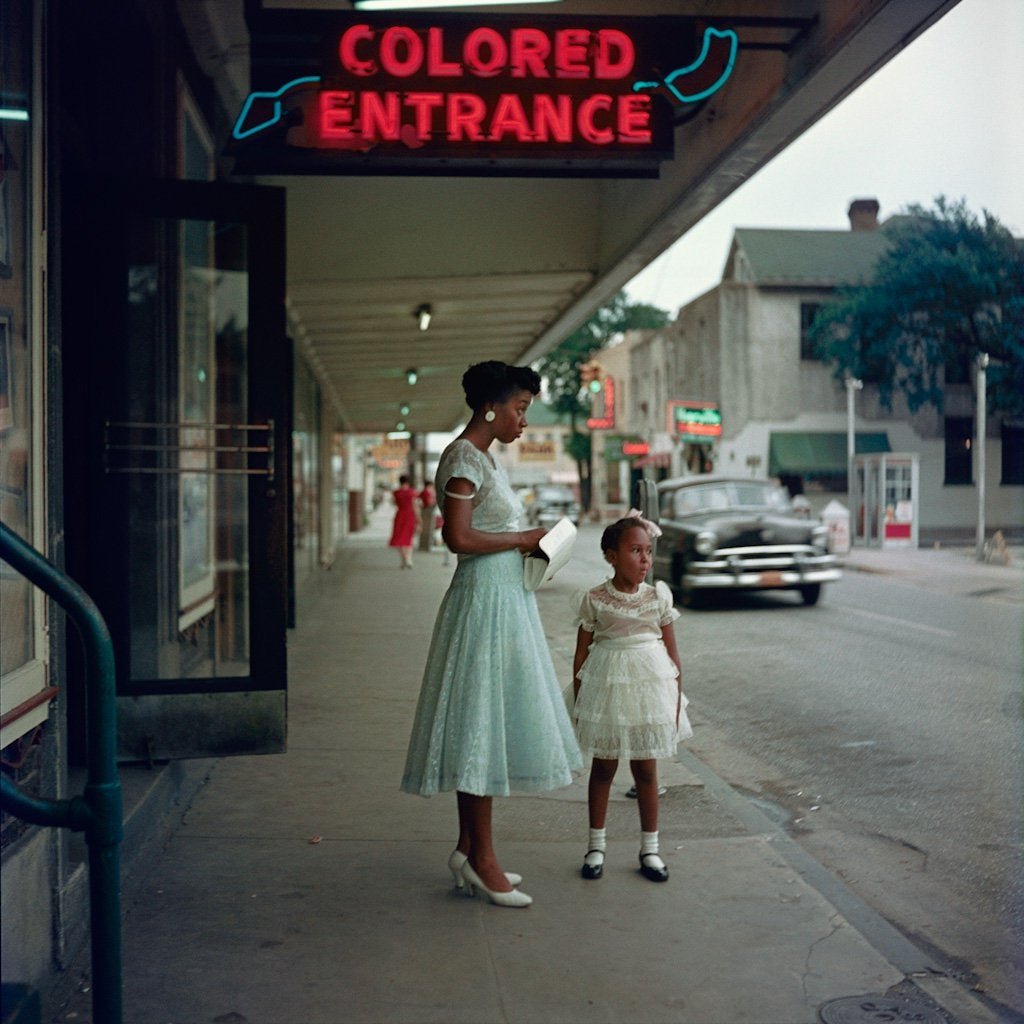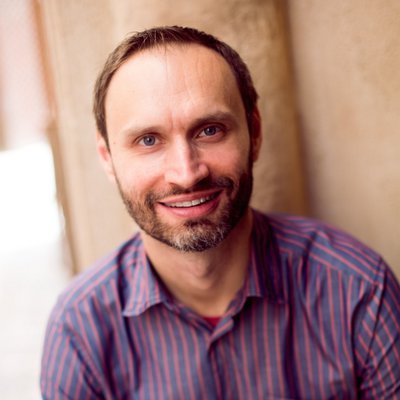Pastors Pursuing Diversity: An Interview with Irwyn Ince
Over the next few months, I will be conducting interviews with pastors who are pursuing diversity in their congregations. You can read more about the series in the introduction.
The questions are geared to help pastors and congregations in the pursuit of diversity in the church and all of life. All of the views, opinions, and suggestions are that of the interviewee. The goal of the series is to provide a resource from a variety of pastors, and therefore opinions may also vary.
(Due to length, please feel free to print interviews for future reading and referencing)
Irwyn Ince is the pastor of City of Hope Church in Columbia, MD. He helped start the church in 2007.
Have you always had a desire for a diverse or multiethnic church?
My desire to see and be a part of an ethnically diverse church came very closely on the heels of my conversion.
If so, what has fueled this desire?
This desire came out of what I call a “holy discontent” with the mono-ethnicity of most churches particularly in areas that are very ethnically diverse. Prior to becoming a Christian I held to an afrocentric worldview. Inherent in that system of belief was that my brothers and sisters were people of African descent. When Jesus saved me, my eyes were opened to the reality that I had been adopted into a new family. My brothers and sisters were all adopted children from every ethnicity, language, and nation. Our family relation was our union with Jesus Christ.
How have you sought to build diversity within your congregation?
First, we’ve stated that reconciliation with God and one another is a core value for our church. We have intentionally pursued cultural diversity in worship, in leadership, in our community groups, etc. It’s not forced or commanded, simply encouraged.
How have you sought to cast this vision to your members?
A primary way that this vision has been cast is through my preaching. Our union with Christ and one another, the cosmic impact of God’s purposes in redemption, and role he intends for his people/church to play in his kingdom agenda are clear in and permeate throughout the Scriptures. So, this vision is a regular drum beat in my preaching.
Do you have a diverse staff as well?
I am the only paid staff at the church to this point, but our leadership is very diverse. The ethnic backgrounds of our elders are African American, Anglo American, Indian American and Egyptian American. One of our pastoral interns is Ghanaian. This ethnic mix is also reflected in our praise team.
What do you see as the benefit of having a diverse church?
I say to our church pretty regularly that God is extending to us the privilege of extending great grace to one another. It is challenging enough to be a part of a mono-ethnic church, but in a multi-ethnic church we are guaranteed to step on each other’s toes. And when we offend one another, we get to ask the question, “Am I upset because the gospel is at stake, or is the offense based on a personal preference that Jesus would have me die to for the sake of the unity of the Spirit and the bond of peace?” We all stumble in many ways, but in a diverse church we get to pursue life together in anticipation of the life we’ll have in the new heavens and earth.
Tell us a little bit about yourself. What is your testimony?
I grew up in a Christian home. My mother is still an active member of the church I grew up in. My father was as well until his death a few years ago. I am grateful to God for the type of home and family I was blessed to grow up in. However, I rejected the faith as a teenager, and in college turned to a radical black nationalistic or afrocentric worldview. This happened even though I was surrounded by diversity my whole life. It’s hard to grow up in Brooklyn, NY and not be thrown into very diverse situations. Additionally, diversity hit close to home as there was interracial marriage on both sides of my family. I do think that these things all played a role in my desire to see the church reflect the diversity of its community in practice.
Have you had any fears or struggled with doubt as you’ve sought to equip your church about the pursuit of diversity?
I’ve certainly struggled with doubts about this pursuit. I’ve wondered how to encourage people not to simply abandon their cultural heritage, because God commanded humanity to cultivate and create culture. So, the call to diversity isn’t a call to obliterate cultural distinctions. What keeps me going and pushing through in spite of the fears is the clear teaching of Scripture. Included in that is the reality that with Christ all things are possible.
Do you do anything unique with your service?
I don’t think that we have any unique elements to our worship service.
If you could give any advice to a pastor who desires to pursue diversity within his congregation, what would you say to him?
First and foremost, be convinced that this is a part of God’s kingdom agenda. If he is attempting to pursue diversity in an established, non-diverse church, go very slowly. Exercise great great patience. It will likely go much slower than he would like.
If you were asked to speak to a congregation who was about to begin a series of initiatives in hopes of building a more diverse congregation what might you say to them?
You have to start with the fact that the church belongs to Jesus. He calls the shots. Because of that we will not be able to avoid dying to self and preferences. The building of a diverse congregation will not happen unless people are willing to change. So, prayer to that end is essential. You must be desperate and desiring of the Spirit to do his work in your hearts. Your success will not be due to great initiatives. It will be due to the work and moving of the Holy Spirit. Part of the evidence of this will be the willingness to see this diversity reflected in the leadership of the church and those who are up front in the worship service.
Additionally, we need to realize that we’re not pursuing something novel. When we look at the New Testament, there was no such thing as a mono-ethnic church. Even the church in Jerusalem, though made up of Jewish converts, was from all over the Roman world. This is a call back to what we see in the Scriptures.
Did you actually do anything differently to pursue diversity? Do you think it is necessary?
I think that what you do depends on context, but you have to do something intentionally. To be prayerful about diverse leadership is doing something. To encourage diversity within community groups is doing something. Even preaching the gospel of reconciliation is doing something. So, yes, it is necessary.
How do you think that the Great Commission can motivate a pursuit of diversity?
The charge in the Great Commission is to make disciples of all nations/ethnic groups. That’s what we see happening in the book of Acts. I think it’s as simple as that.
I, personally, believe diversity begins in the home. In other words, we are adopted into a new family and that family, the church, is beautifully diverse. We should seek not to have a face change in our churches but to have it in all of life—our lives should include those unlike ourselves. Do you agree? If so, how might you encourage members to build diversity in their homes?
I agree with that. Given the demographics in our country, it is more than likely that we live in a diverse neighborhood. We encourage our folks just to be good neighbors. Get to know the people who are around you; where you live, where you work, and where you play.
RELATED CONTENT











Guest post by Isaac Adams
I thank God for folks who speak biblically about race. Whether it’s a black mom teaching her children that they also bear God’s image, or a white sister writing a prophetic blog post—there are many brothers and sisters take up this worthwhile battle…